As Rom Braslavski's voice trembled, he recounted the unimaginable horrors he endured during his two-year captivity in Gaza. The 21-year-old Israeli hostage, who was released last month, revealed a shocking truth: he was sexually assaulted by his captors, members of the Palestinian Islamic Jihad (PIJ). Braslavski's harrowing account serves as a stark reminder of the brutal realities of war and the devastating impact it has on individuals and society.
In the midst of the chaos that erupted on October 7, 2023, when Hamas and allied Palestinian armed groups attacked southern Israel, killing over 1,200 people and taking 251 others as hostages, Braslavski was working as a security guard at the Nova music festival. His life was forever changed when he was taken captive, along with hundreds of others, and subjected to unimaginable cruelty.
The Israeli military responded to the attacks with a massive campaign in Gaza, which has resulted in the deaths of over 68,800 people. While the conflict rages on, Braslavski's story sheds light on the human cost of war and the psychological trauma inflicted on those who are held captive.
Braslavski's account of his captivity is a testament to the resilience of the human spirit. In an interview with Israeli Channel 13's Hazinor programme, he described being stripped naked and tied up by his captors. "It was sexual violence, and its main purpose was humiliation. Its goal was to humiliate me, to crush my dignity," he said, his voice barely above a whisper.
Braslavski's story is not an isolated incident. The use of sexual violence as a tool of war is a disturbing trend that has been documented in various conflicts around the world. According to the United Nations, sexual violence is used as a tactic of war in over 30 countries, affecting millions of people.
The implications of Braslavski's story are far-reaching. It highlights the need for greater awareness and understanding of the psychological trauma inflicted on those who are held captive. It also underscores the importance of providing support and resources to survivors of sexual violence.
Dr. Rachel Lev-Wiesel, a psychologist who has worked with survivors of trauma, notes that "the use of sexual violence as a tool of war is a deliberate attempt to break the individual's sense of self and dignity. It's a form of psychological torture that can have long-lasting effects on a person's mental health and well-being."
As the conflict in Gaza continues, Braslavski's story serves as a poignant reminder of the human cost of war. It is a call to action, urging us to prioritize the protection of civilians and to address the root causes of conflict.
In the words of Braslavski, "I want people to know that I'm not just a number, I'm not just a statistic. I'm a human being who was hurt, who was broken, and who is trying to heal."
As we move forward, it is essential that we prioritize the well-being and dignity of those who have been affected by conflict. By doing so, we can work towards creating a more compassionate and just society, where individuals like Rom Braslavski can heal and rebuild their lives.



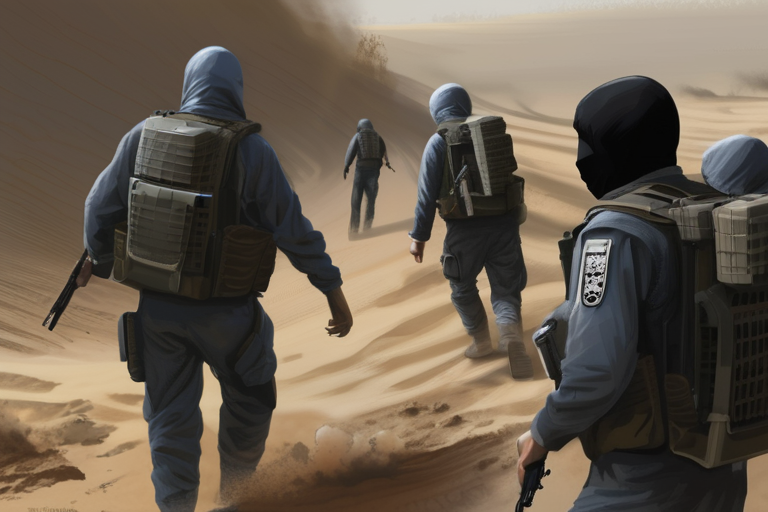
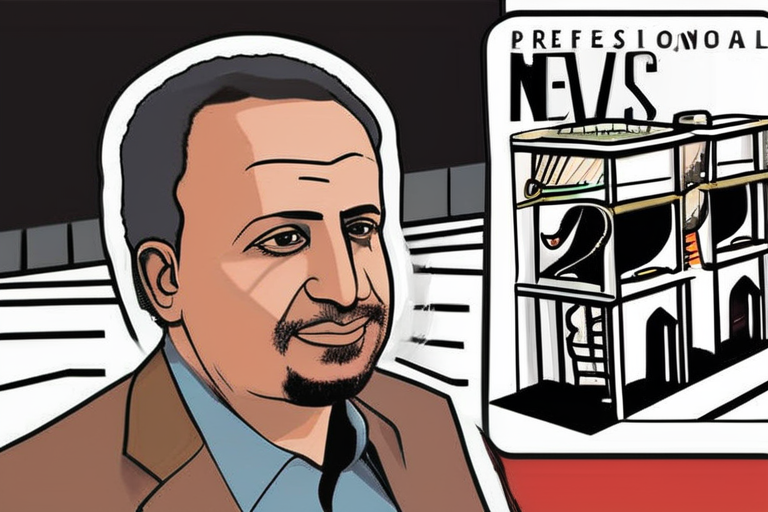
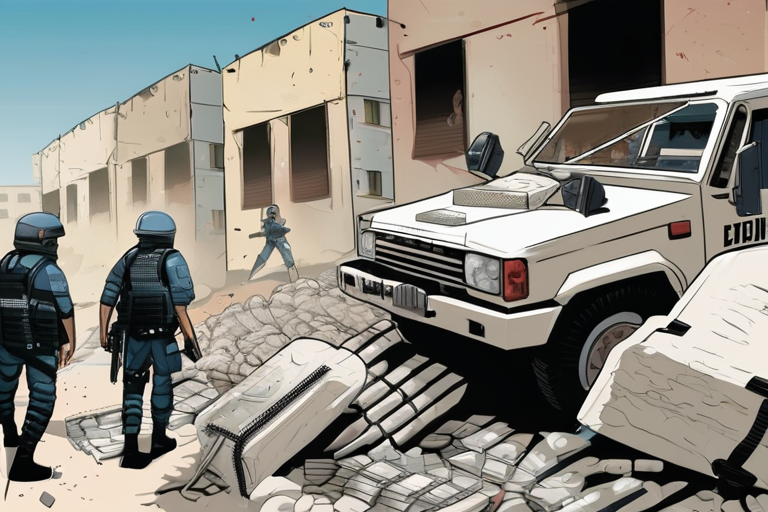
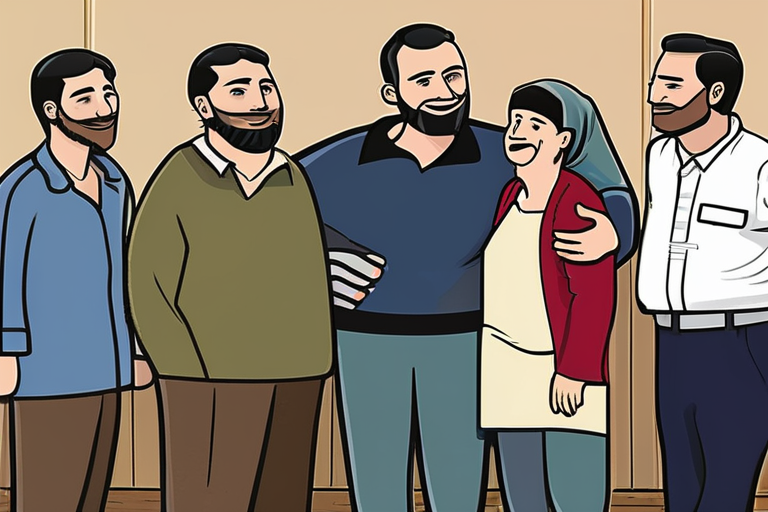
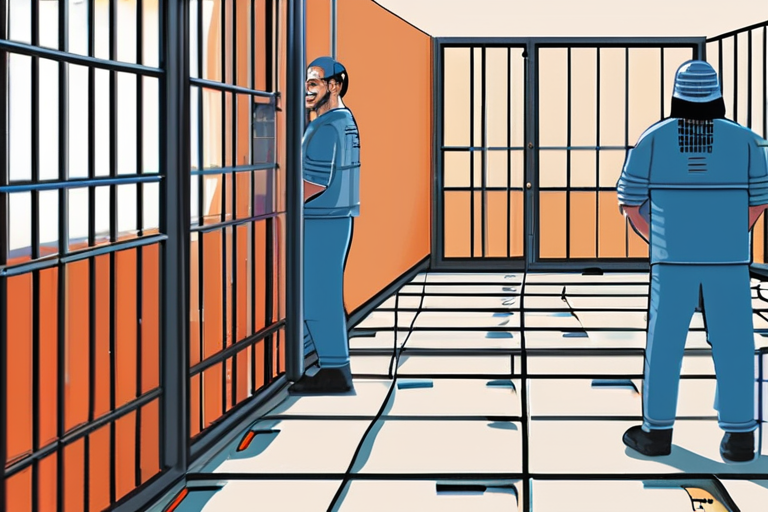
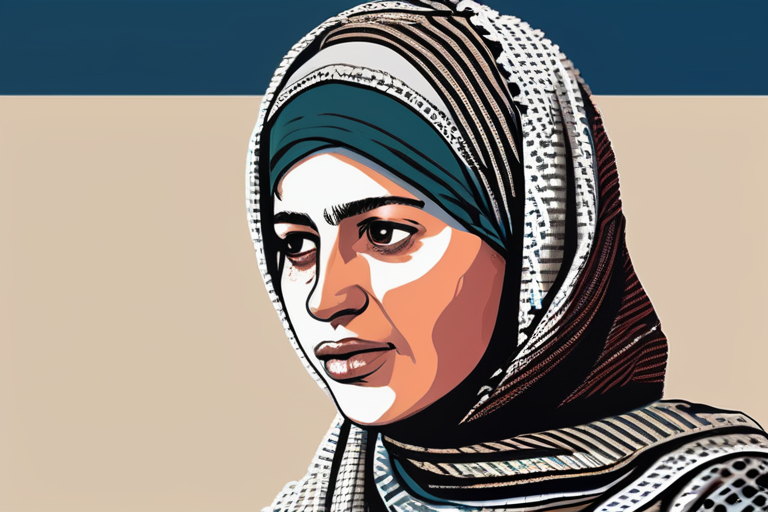
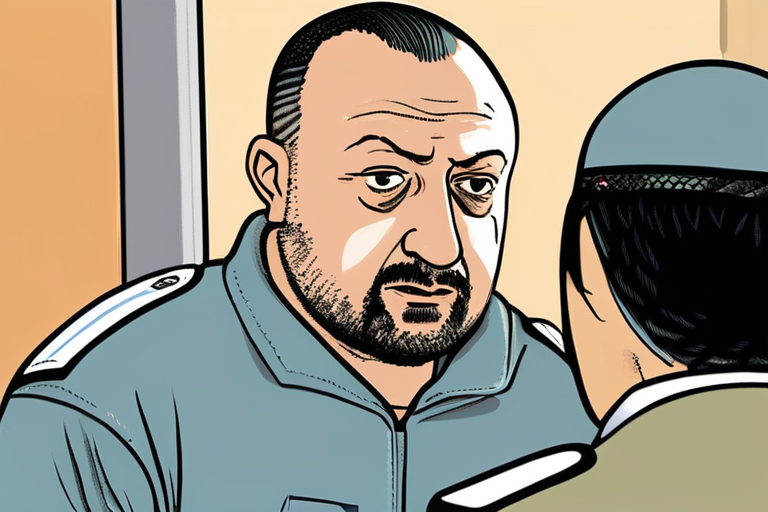
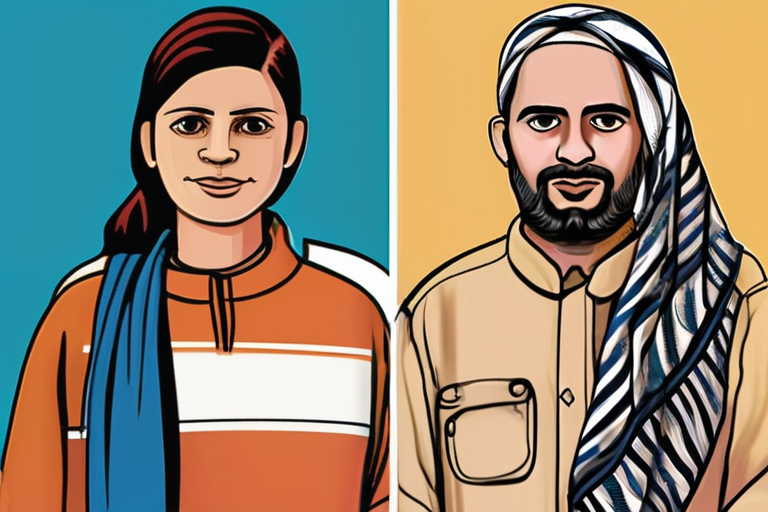
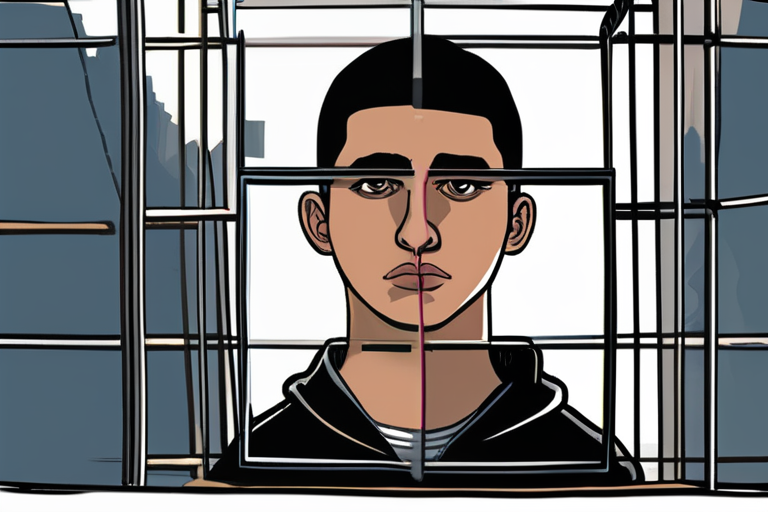
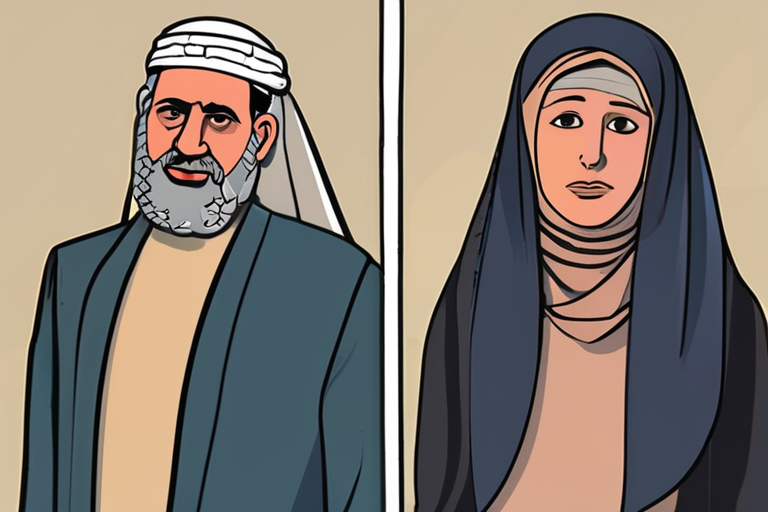
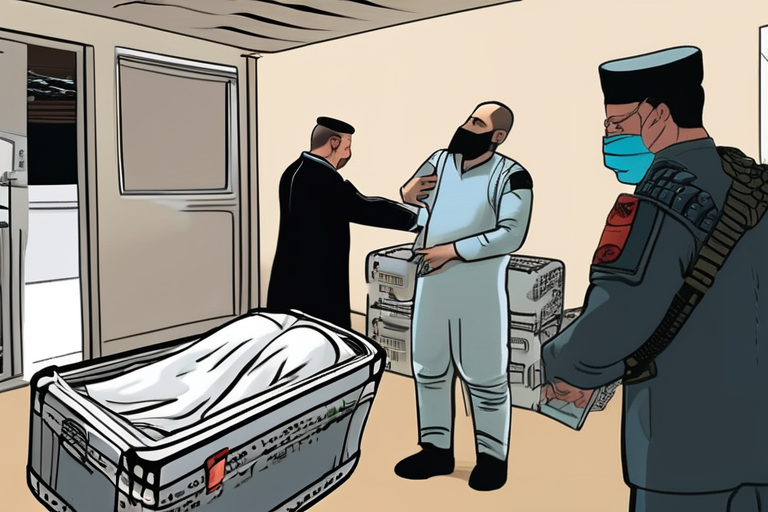
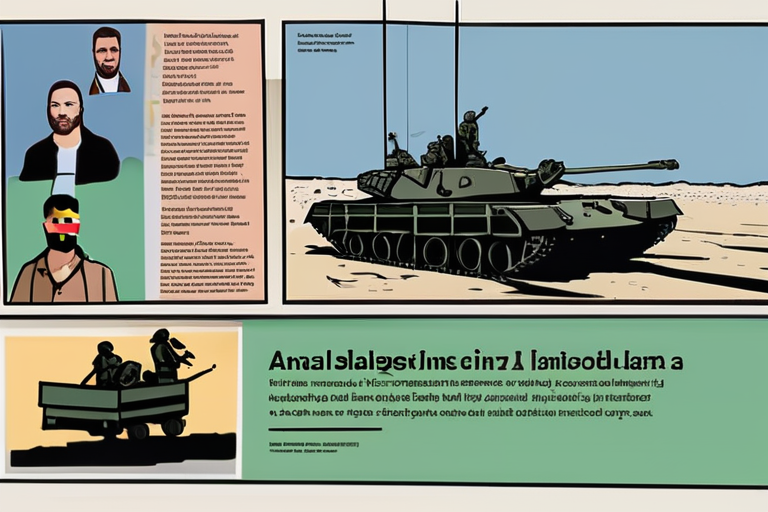

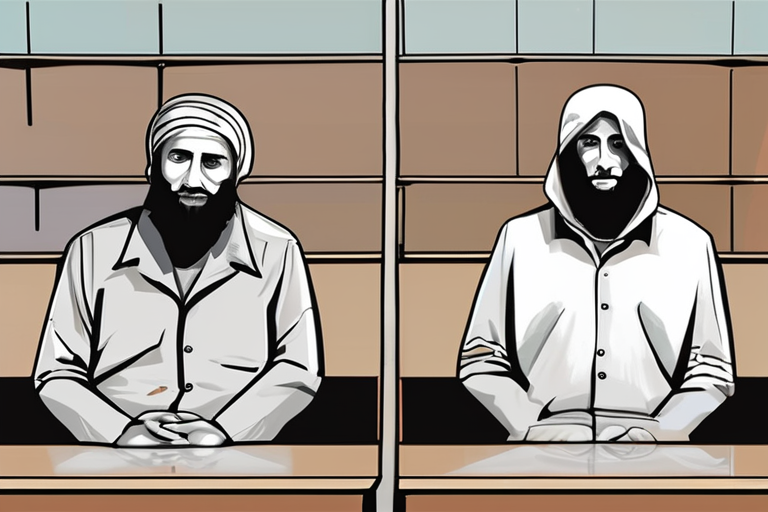
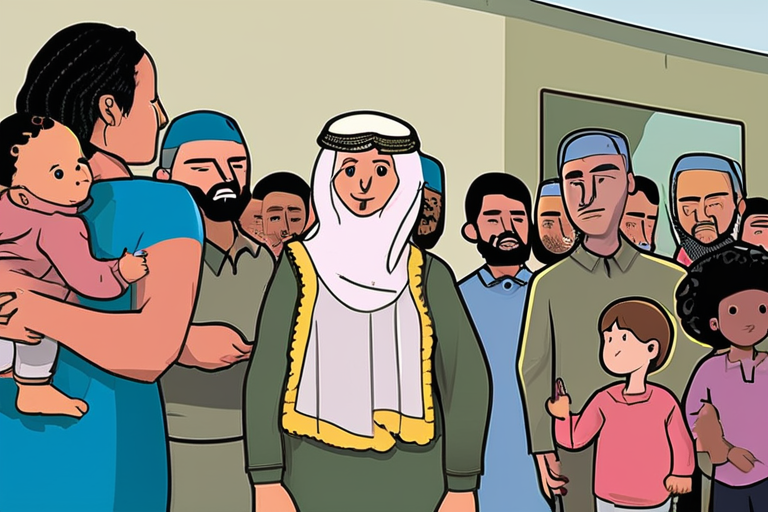
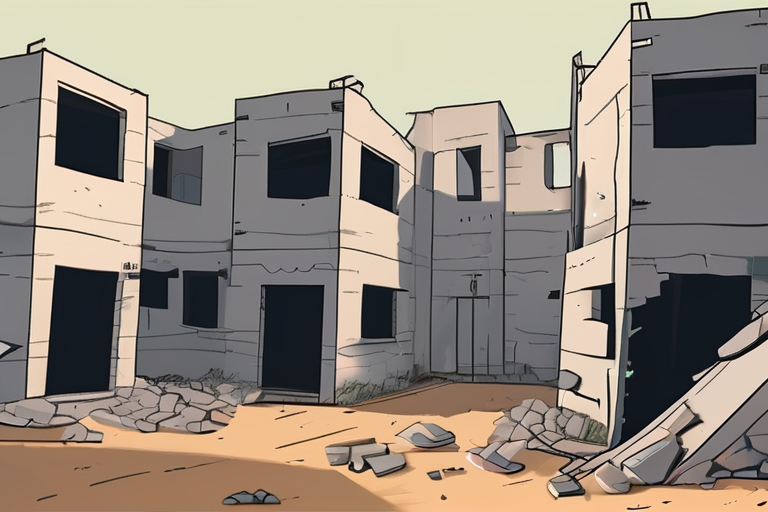

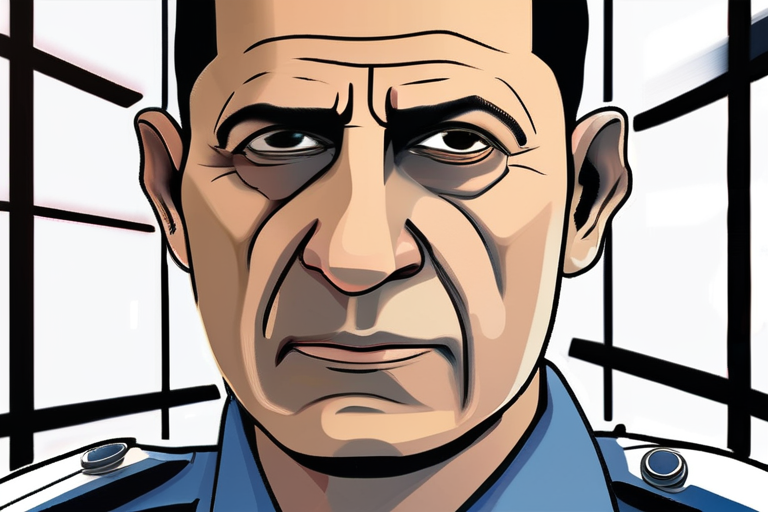
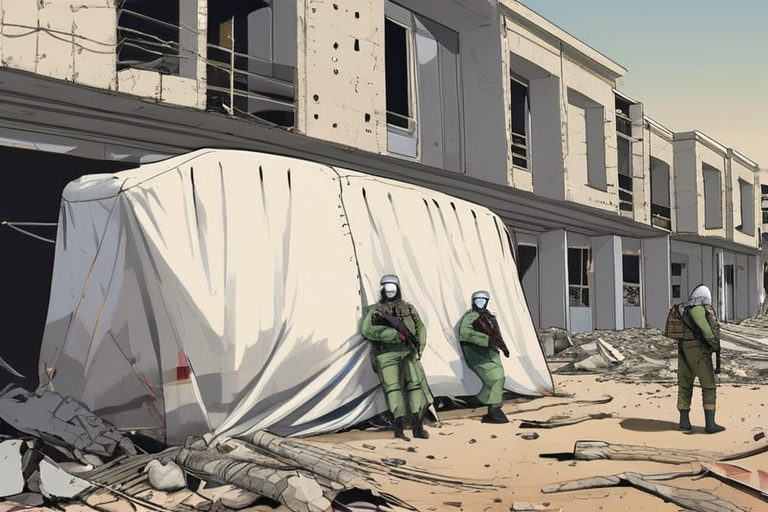
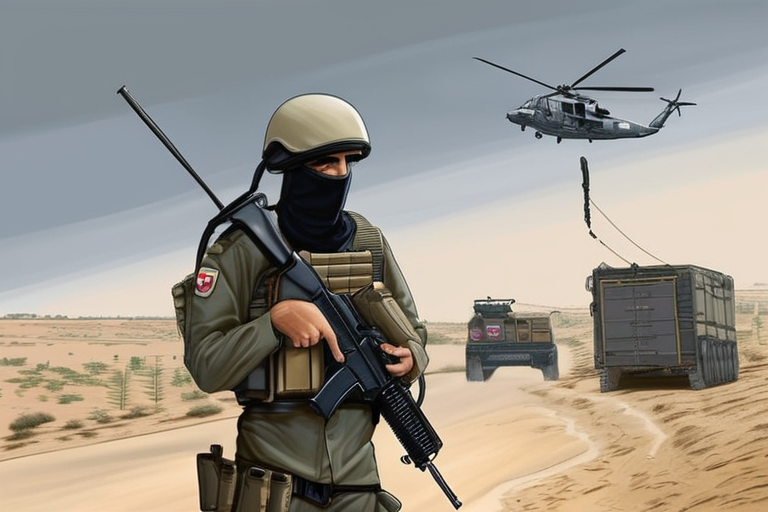
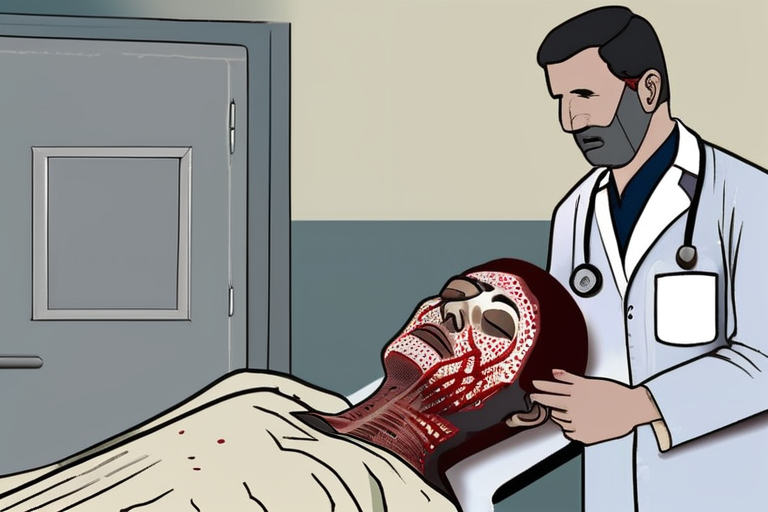
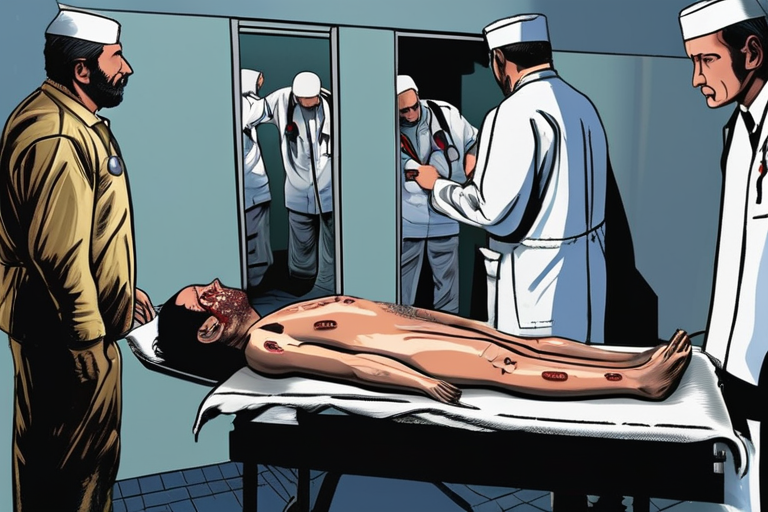
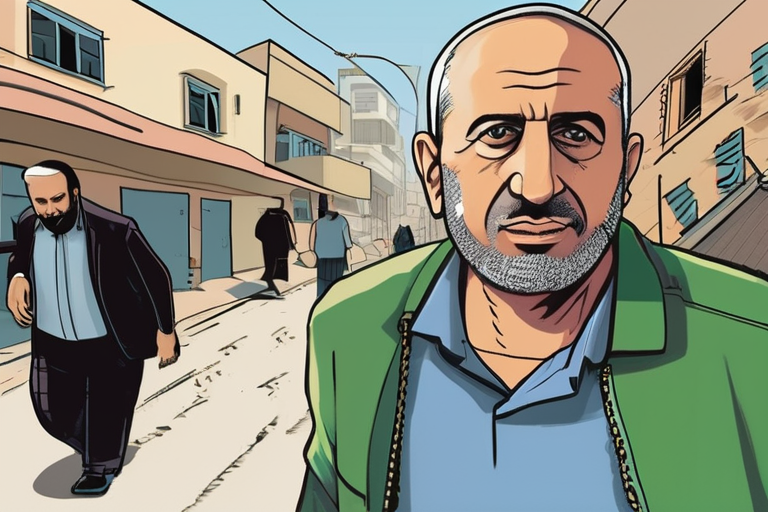

Share & Engage Share
Share this article